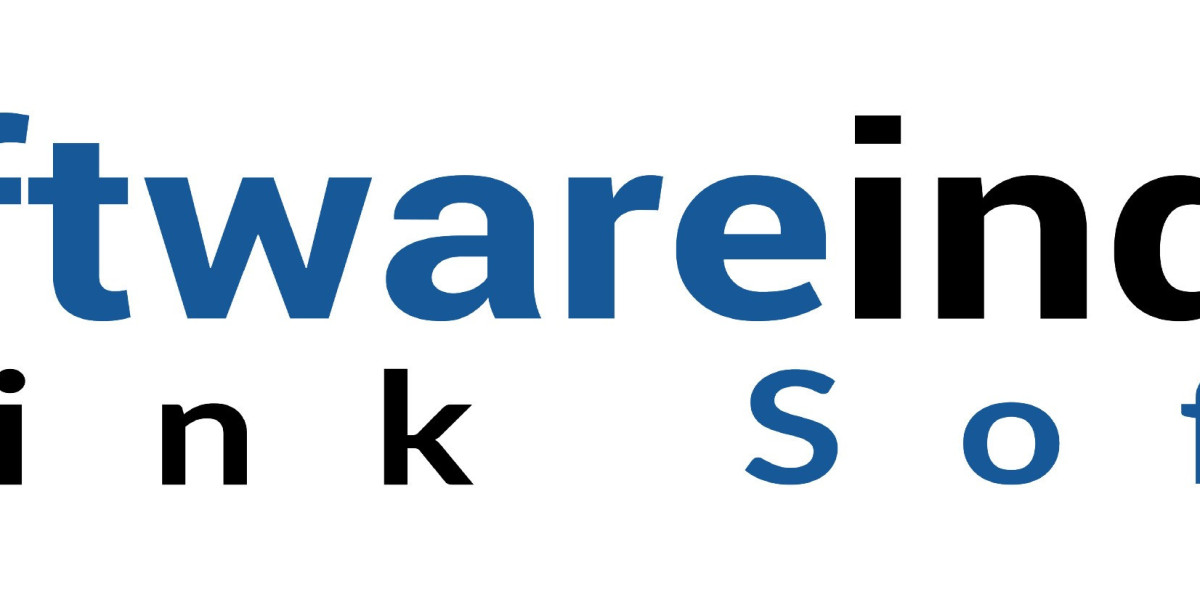In the dynamic landscape of cybersecurity, where threats evolve as quickly as the technologies designed to counter them, traditional approaches sometimes fall short. This has prompted an unconventional but highly effective strategy: Hiring Hackers for Security to fortify defenses. Known as "ethical hackers" or "white hat hackers," these professionals use their skills to improve security by identifying vulnerabilities from a hacker's perspective.
Why Hire Hackers?
The rationale behind hiring hackers for security purposes is rooted in their unique skill set and mindset. Hackers think differently—they are not restricted by conventional approaches and can anticipate and simulate the actions of malicious attackers (black hat hackers). This ability makes them invaluable in crafting defenses that are robust against a wide range of attacks.
Furthermore, cybersecurity is a constantly evolving field. Traditional IT security teams often work reactively, responding to threats after they have been identified. Hackers, on the other hand, proactively seek out new vulnerabilities, sometimes even before they are exploited by malicious parties. This proactive approach ensures that potential security breaches can be addressed before they become actual threats.
Ethical Hacking: Legitimizing the Skillset
Ethical hacking has gained legitimacy over the past decades. Certifications such as the Certified Ethical Hacker (CEH) from the EC-Council provide a framework for the skills required and set ethical boundaries that practitioners must follow. Such certifications not only validate the skills of the hacker but also assure employers of the ethical standards adhered to.
Organizations also engage in activities like bug bounty programs, where they invite hackers to find vulnerabilities in their systems in exchange for rewards. These programs are beneficial because they expose real-world weaknesses that might not be visible during regular security audits.
Integration Challenges
While the benefits are clear, integrating hackers into traditional security teams can be challenging. The unconventional methods of hackers may clash with the structured approaches of traditional IT security teams. There is also the aspect of trust—convincing upper management and existing security personnel to trust individuals who think like the adversaries can be difficult.
To mitigate these challenges, clear guidelines and strong oversight are necessary. Establishing rules of engagement and continuous monitoring can help ensure that the collaboration remains productive and does not compromise any aspect of the organization’s security or ethical standards.
Success Stories
Many top-tier companies in the tech industry have successfully integrated hackers into their cybersecurity strategies. For instance, Google and Facebook have long-standing bug bounty programs that have helped them secure their platforms and services significantly. These programs have not only helped patch potentially disastrous vulnerabilities but have also demonstrated the mutual benefit of collaboration between corporations and the hacker community.
The Future of Cybersecurity Employment
The demand for cybersecurity professionals is skyrocketing, but there is a significant gap in the workforce needed to fill these roles. Hiring hackers presents a solution to this crisis. By bringing in talented individuals who might not have taken a traditional educational path but have proven skills, companies can enhance their security teams significantly.
For More Info:-







